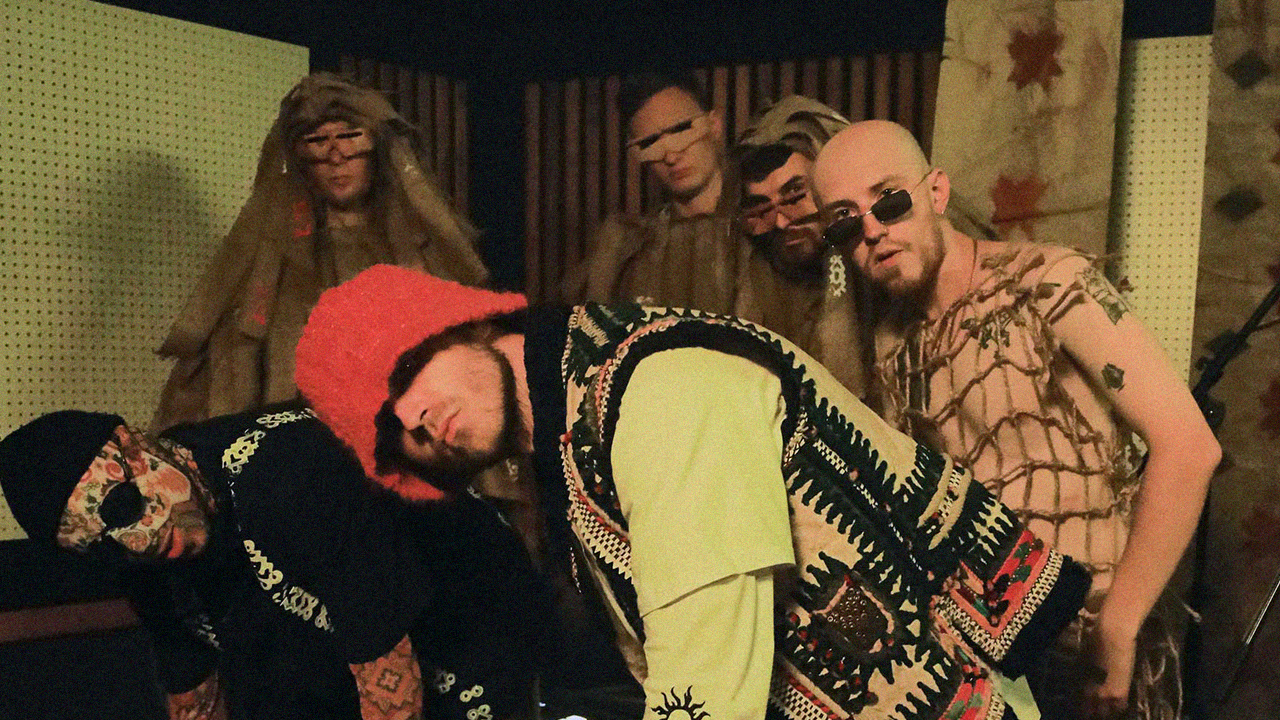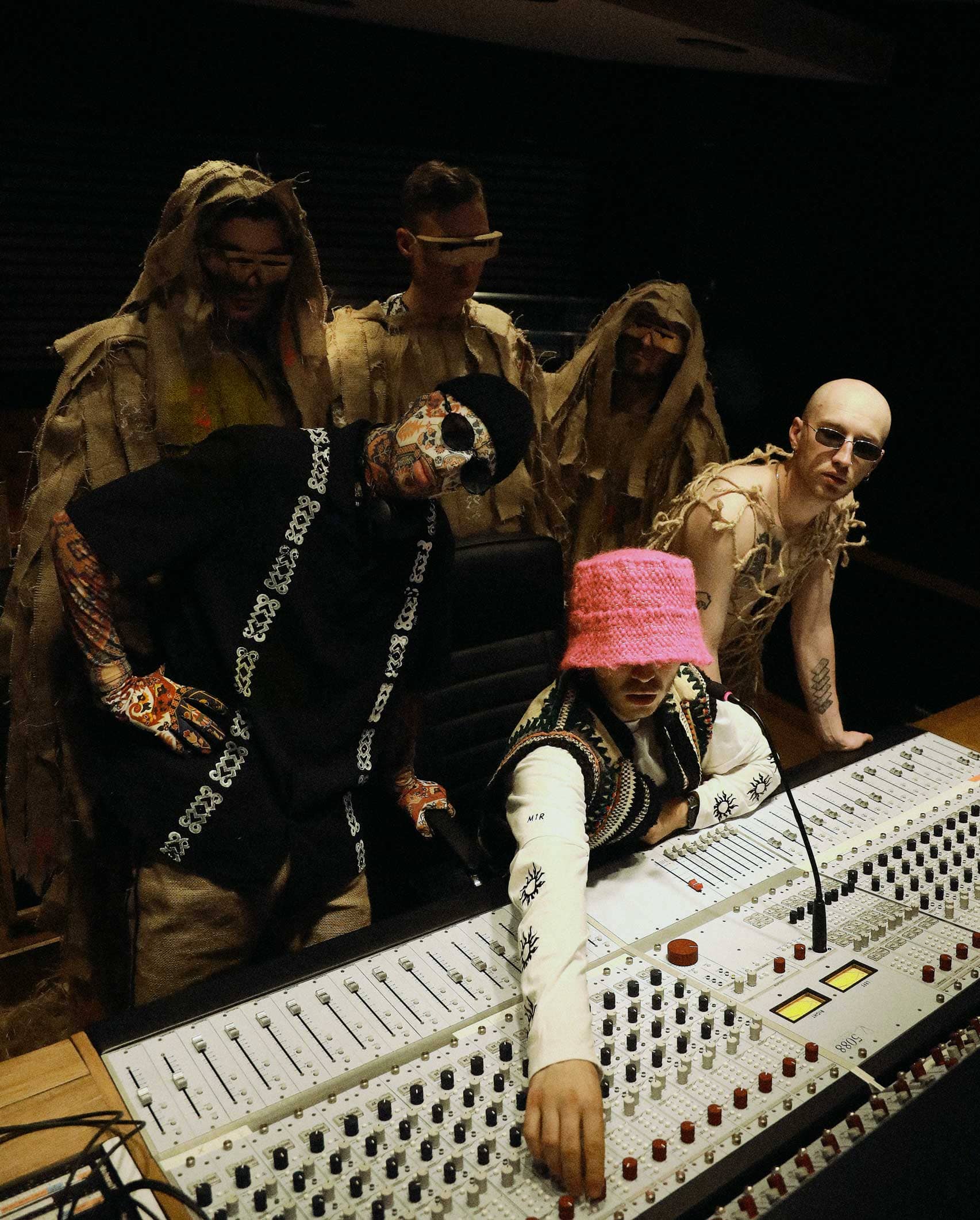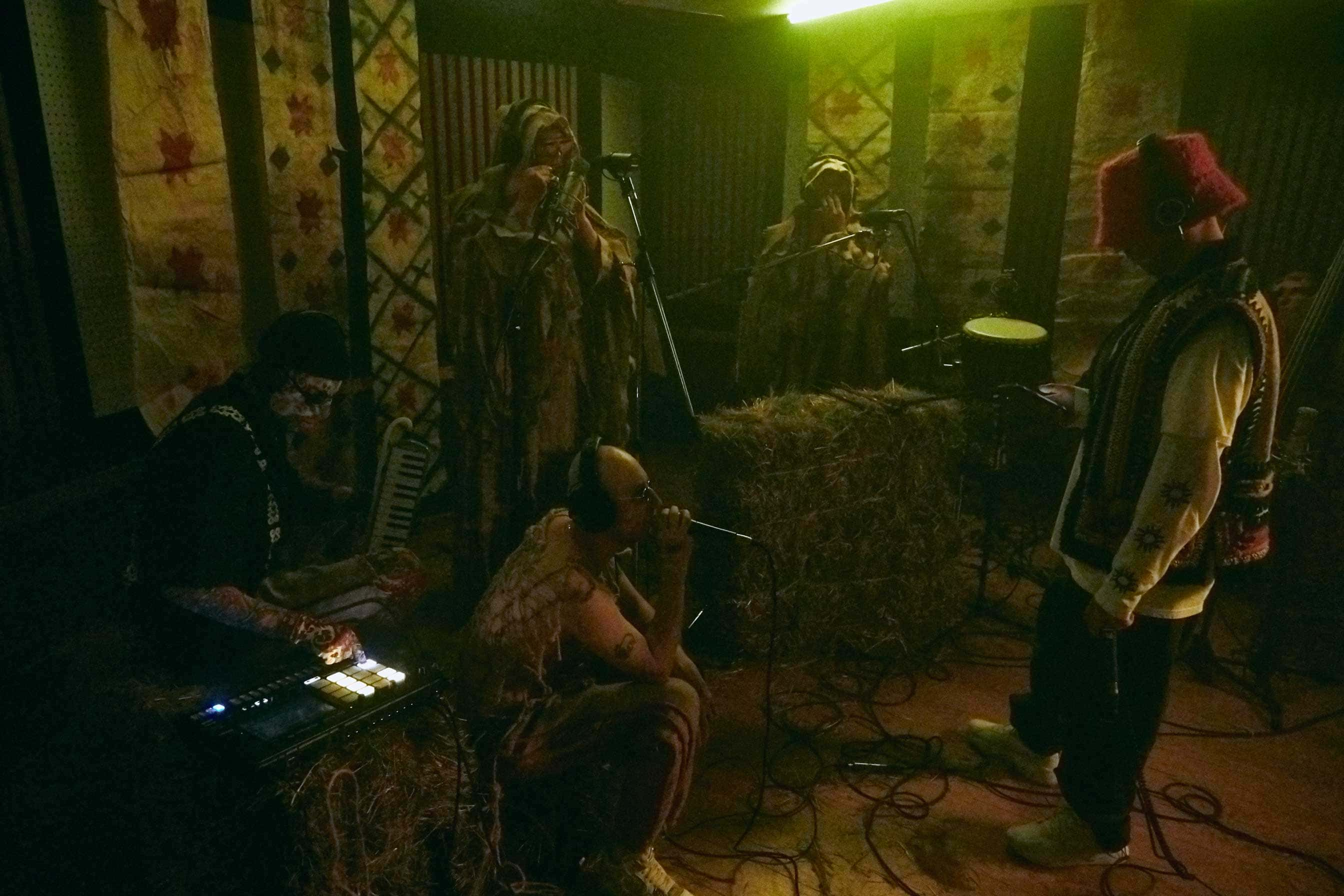At the end of December 2021, the Kalush Orchestra suddenly appeared and released the first video. Since then, there has been almost no news from the band, it has no pages in social networks.
Just in the new year, Kalush Orchestra became finalists of the National Selection for the Eurovision Song Contest 2022 and again catch the attention. But we noticed that the audience (and we, frankly speaking, also) do not particularly distinguish the difference between the two bands: the music is similar, the composition of the members is almost identical. Even after the announcement of the finalists of the National Selection on the KALUSH Instagram page, the name of the team was not mentioned in the publication about it.
To finally understand the nature of the Kalush Orchestra, we asked frontman Oleg Psiuk to answer a few questions.





